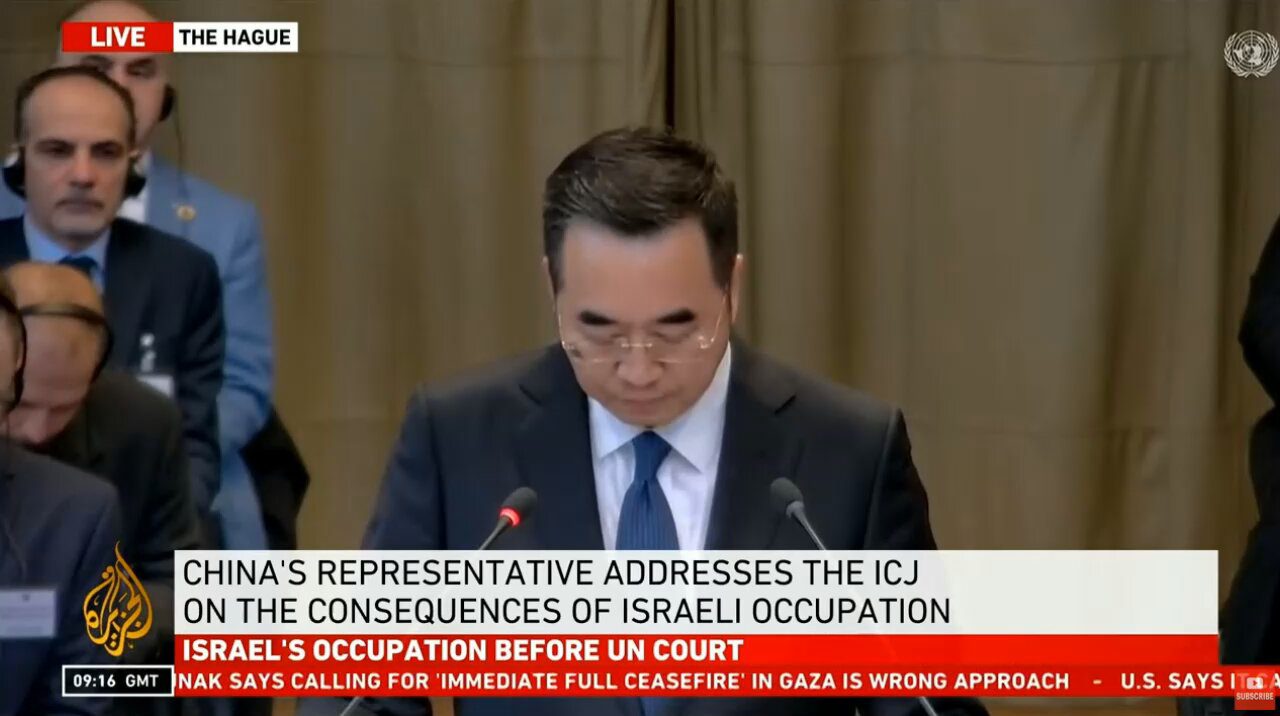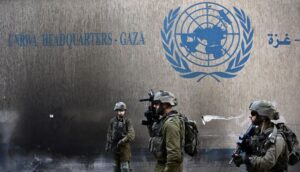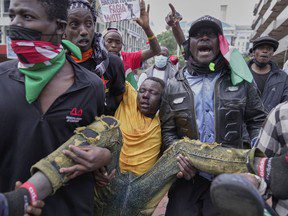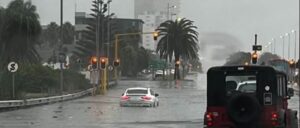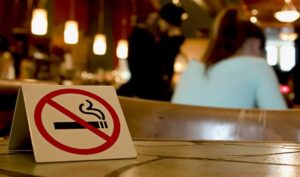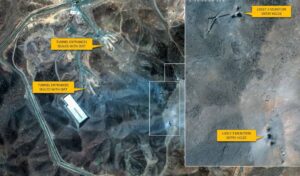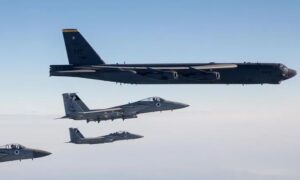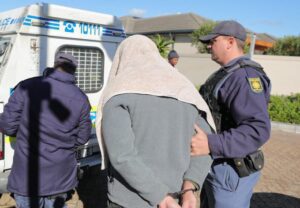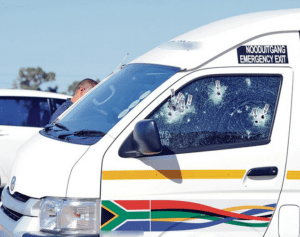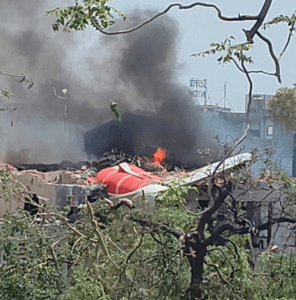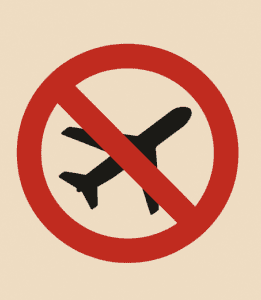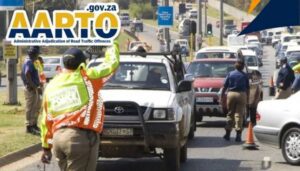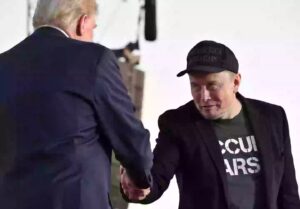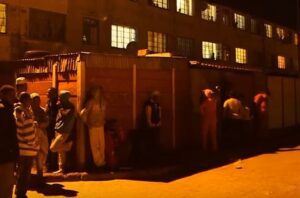In a significant development at the International Court of Justice (ICJ), Ma Xinmin, the legal adviser for China’s Foreign Ministry, presented a stance that underscores the complexity and depth of international legal interpretations surrounding the rights of peoples to self-determination and resistance.
Amid ongoing global debates about the nature of resistance movements and the legal frameworks that define them, Xinmin’s statement sheds light on the nuanced positions that countries may adopt in interpreting these contentious issues.
By invoking historical United Nations General Assembly resolutions and various international conventions, China aims to articulate a legal perspective that distinguishes between acts of armed struggle and terrorism, especially in contexts of colonialism and foreign occupation
This is Ma Xinmin, China’s Foreign Ministry’s legal adviser, speaking on behalf of China, saying at the ICJ today that Israel is a colonizer and that the Palestinians have a right to resistance under international law, “including armed struggle”, which he “in this context, is distinguished from acts of terrorism”.
Here is the exact quote (after the quote I’ll link to all the legal texts he refers to):
“The UNGA resolution 3070 of 1973, I quote ‘reaffirms the legitimacy of the peoples’ struggle for liberation from colonial and foreign domination and alien subjugation by all available means, including armed struggle’.
This recognition is also reflected in international conventions. For example, the Arab Convention For The Suppression Of Terrorism of 1998, affirms, I quote: ‘the right of peoples to combat foreign occupation and aggression by whatever means, including armed struggle, in order to liberate their territories and secure their right to self-determination and independence’.
Armed struggle, in this context, is distinguished from acts of terrorism. It is granted in international law, this distinction is acknowledged by several international conventions. For example, article 3 of the OAU Convention on the Prevention and Combating of Terrorism of 1999 provides that, I quote: ‘the struggle waged by peoples in accordance with the principles of international law for their liberation or self-determination, including armed struggle against colonialism, occupation, aggression and domination by foreign forces shall not be considered as terrorist acts’.”
At the International Court of Justice China points out that armed resistance against occupation is enshrined in international law and is not terrorism.
A point that is rarely if ever heard in our mainstream media. pic.twitter.com/wudMcxbFxb
— Saul Staniforth (@SaulStaniforth) February 22, 2024

